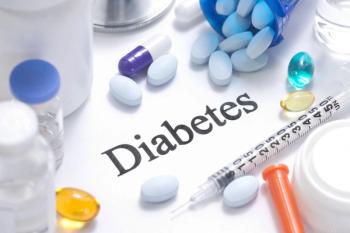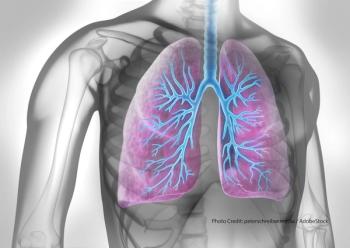
Peer and family judgment, and possible license loss, deter some from seeking help.

Peer and family judgment, and possible license loss, deter some from seeking help.

Overall numbers may be lower, but the obese, racial/ethnic minorities, and those without health care access have higher numbers of undiagnosed diabetes

Studies tie disease to higher risk of COVID-related hospitalizations and deaths

More real-life effectiveness studies would help, researchers say in new study.

Smaller dose given by intradermal injection creates five-fold increase in total supply, FDA says.

Finances, practice size, autonomy, bureaucracy all factors in burnout, say Physicians Foundation leaders.

Team-based care would cut physician time, but would require systemic change, study says.

Study examines physician roles in current specialist-driven models of care.

Researchers announce study with wearables, tablets for participating patients.

Small shifts in your communication style and tactics when discussing obesity with patients can significantly impact how your message is received.

Study shows stress of discrimination affects the brain in a way that may enhance the risk for negative health outcomes

Fentanyl, COVID-19 pandemic likely factors in 30% increase from previous year.

What you need to know about RPM before taking the plunge

As any competent clinician will tell you, having data is only one part of the equation. A clinician must also be able to intervene efficiently and effectively.

Technology and care navigators are key to managing this growing population

Patients with central sensitization struggle more with pain and quitting opioids

Diabetes patients with a Medicare Advantage plan had poorer health than those on fee-for-service plans

Study examines links between physical and mental health and experiences with ageism.

Regulatory agency’s “marketing denial order” moves to court.

ACP makes six recommendations, including medical screenings, bolstering SNAP food benefits.

More than half of Americans studied gained 5% or more of body weight over a 10-year period

With the number of AF-attributed deaths increasing in recent years, optimizing management of the condition stands to have a significant impact on a patient and societal level.

Ruling comes in cases of physicians serving in prison for convictions over prescription drugs.

500,000 lives expected to be lost to opioids over the next 10 years

Proposal follows announced ban on menthol cigarettes, flavored cigars, and e-cig ban could be coming.